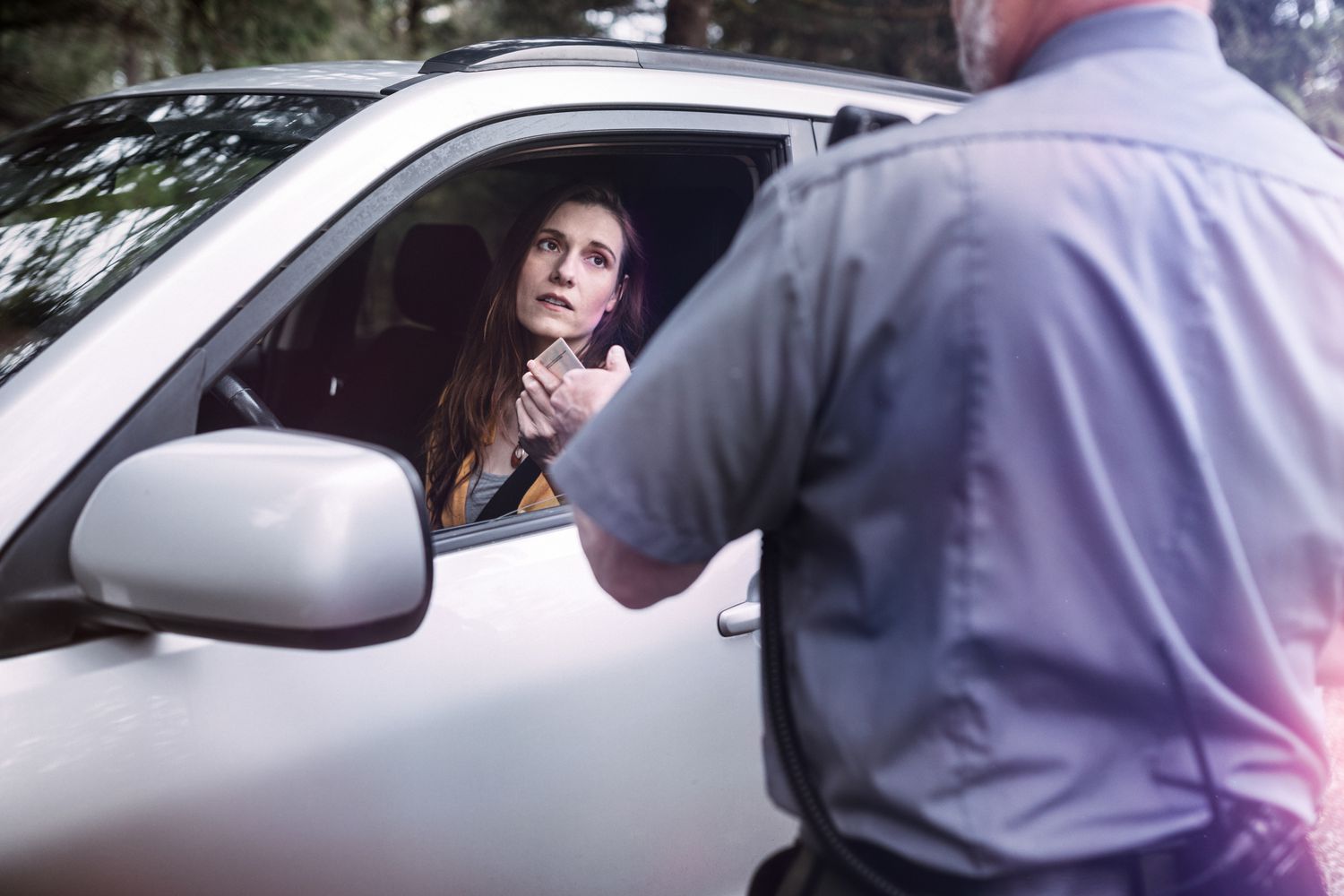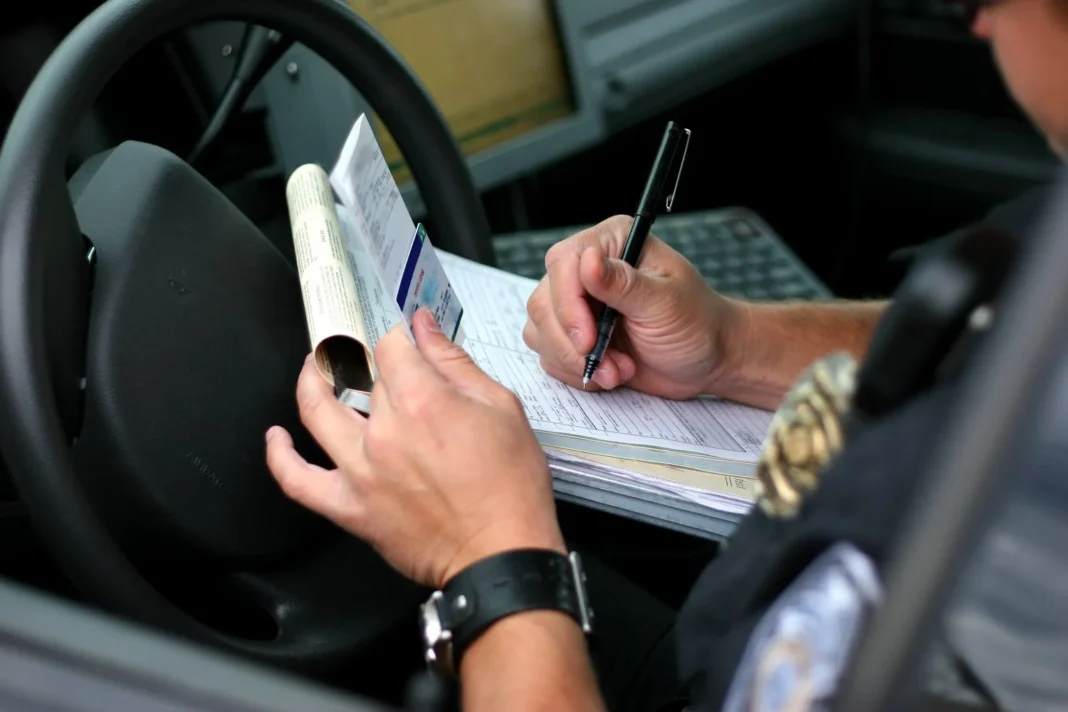There is nothing enjoyable about the feeling you get when those blue lights flare behind you on the highway. Nobody wants a speeding ticket, and with good reason. If you are found guilty, the violation will:
- Affect your driving record, which may result in the suspension of your license.
- Cost money upfront: You’ll pay the speeding ticket and any court fees.
- Long-term costs: Following a violation, your car insurance rates might increase by hundreds of dollars per year.
It is possible to reduce or erase the impact of a speeding ticket, albeit this may be difficult. Here’s how to challenge a traffic ticket and avoid or mitigate the repercussions.
On the day you’re pulled over
You’re most certainly reading this because you’ve already received a speeding ticket, so keep these pointers in mind for the next time:
- Ask the officer what procedure he used to decide you were speeding, and write it down afterwards.
- Speak as little as possible. Anything you say can be used against you in court.
- Be nice, avoid arguing, and try to be unnoticeable. If the officer cannot remember you, he or she may fail to recollect information in front of a judge if you want to dispute a speeding ticket in court.
- After that, write down everything about the incident, including the time of day, location, and everything that may have influenced the situation, such as obscured or missing speed limit signs.
You have the option of fighting the speeding ticket in court, negotiating a lower penalty, or paying the ticket and accepting the ding on your driving record and the higher insurance premiums that will undoubtedly occur.
How to fight a speeding ticket in court
If you want to contest the speeding ticket, you must appear in court, where a prosecutor must prove that you were speeding. Even if you believe the penalty is unfair, speeding violations are difficult to beat.
If the officer does not appear at the hearing, you may be exonerated, but do not count on it. If you want a hearing, be prepared to present your case and answer questions from a court. Check the ticket to see if it was issued by a state, county, or local officer, then look up traffic procedures in that jurisdiction online. Look out your state’s motor vehicle code, attentively read the speeding regulation you allegedly violated, and prepare to explain that you did not.
As you get ready for court, you can:
- Delay the hearing. If you have the chance to reschedule, you will have extra time to prepare your case.
- Gather evidence. Your best odds of winning the argument are if you have solid proof that you were not speeding. Dashcam video, GPS data from a smartphone app, or photographic evidence of an obstructed speed limit sign could all be used as evidence.
- Investigate speed equipment. Look up the method the officer used to measure your speed, identify its flaws, and prepare to present them. Instruction manuals provide maintenance schedules that you can ask the officer about, and they may point out radar gun flaws, for example.
- Invite witnesses to attend. You may summon witnesses, including any occupants in the car when the ticket was issued.
- Plan your questions. You may challenge the issuing officer, including his or her recollection and experience with speed-clocking equipment. Stick to short-answer queries and avoid “why” questions.
Deciding whether to get a lawyer
If all of this seems like too much for you to manage on your own, you can hire a traffic lawyer to help. These lawyers primarily specialize on DUIs and other serious issues, although some also accept speeding ticket cases. Given the fees, engaging a lawyer is probably worth it if your ticket is especially expensive or could result in the loss of your license.
A traffic lawyer can cost several hundred dollars, and a speeding penalty can range from $50 to more than $2,000 in some areas.

If you decide to negotiate the speeding penalty
“Mitigation” refers to reaching an agreement with the prosecutor and the court that saves the jurisdiction money by skipping a hearing while lowering your ticket penalty. You may be able to request a negotiation before or during your hearing, but it is the court’s decision, so check the court’s website or call to confirm. Some places require you to submit a written request for mitigation.
Typically, in mitigation, you admit to the offense and give evidence that might persuade a court to grant you leniency. The outcomes may include:
- You pay the whole or partial amount of the ticket, but it has no effect on your driving record.
- Instead of paying your speeding ticket, you attend a driving course.
- The ticket is lowered to a lower fine.
- You are given extra time to pay the fine.
If you decide to pay the speeding ticket
Although paying a $100 penalty may not seem like a horrible deal, consider the full cost of a speeding citation. Aside from the initial charge, a ticket can increase your car insurance rates by hundreds of dollars every year.
For example, ReliableInsurance June 2024 rate research revealed that:
- A 35-year-old driver with good credit and full coverage will spend $459 extra per year after receiving a speeding ticket, on average.
- A 35-year-old driver with acceptable credit and basic coverage will pay $128 extra per year for one speeding ticket.
The higher rates would last for several years after the speeding ticket was issued.
If you accept the speeding penalty, you should research auto insurance prices; some firms will charge you more than others.
For example, according to our survey of some of the country’s major insurers, State Farm raised median annual rates the least for drivers with a recent speeding violation when compared to its median rates for drivers without a speeding ticket.
Other possible outcomes after getting a speeding ticket
There are several possible outcomes to your speeding ticket. For example, based on where you live:
- Your state may waive your first moving ticket if you complete a driving course.
- You may be granted a deferral, in which case you will normally pay a fine and your ticket will be canceled after a specified length of time if no more crimes occur.
Whatever you do, do not disregard the speeding ticket. It will not go away on its own, and you will face even more serious legal consequences. The amount of trouble depends on your state: You could face more fines, your license could be suspended, or you could be arrested.


